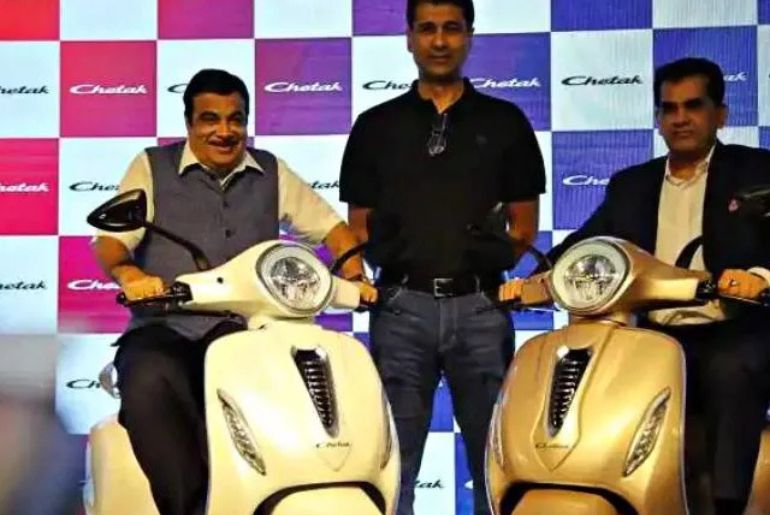China’s ban on rare earth magnet exports may cause the Indian EV market to collapse in the coming days.
Recently, EVs have become more and more popular, and many OEMs have set the stage for infrastructure development in line with this trend. However, concerning news from China raises concerns about the future of EVs: China has banned the export of rare earth magnets. In addition to affecting production, such a move might bring down India’s whole EV market.
Why does India’s electric vehicle industry rely on China?
China accounted for 69% of the production of rare earth mines last year, according to the US Geological Survey. According to a statement from the International Energy Agency, “China currently controls over 90% of the global supply for the four magnet rare earth elements (Nd, Pr, Dy, and Tb), which are used to make permanent magnets for EV motors.” That includes terbium, dysprosium, praseodymium, and neodymium.
An electric car with a single motor-battery combination needs roughly 550 grammes of these rare earth minerals, compared to 140 grammes for an internal combustion engine. In addition to being essential parts of electric cars, these magnets are also employed to create audio speakers and power windows.
What impact does this have on India?
The world’s third-largest automobile market, India serves as a base for numerous automakers, including Hyundai, Maruti Suzuki, Volkswagen, and others. The Indian automobile production industry may grind to a standstill in the coming days if the limitation is maintained. SIAM has stepped in to find a solution and is requesting the Prime Minister’s help as well.
The memo, which was presented at a conference on May 19 that included executives from Tata Motors, Mahindra & Mahindra, and Maruti Suzuki, stated that “auto industry production is expected to come to a grinding halt starting from the end of May or early June.” In an interview, Rajiv Bajaj makes the same statement.

